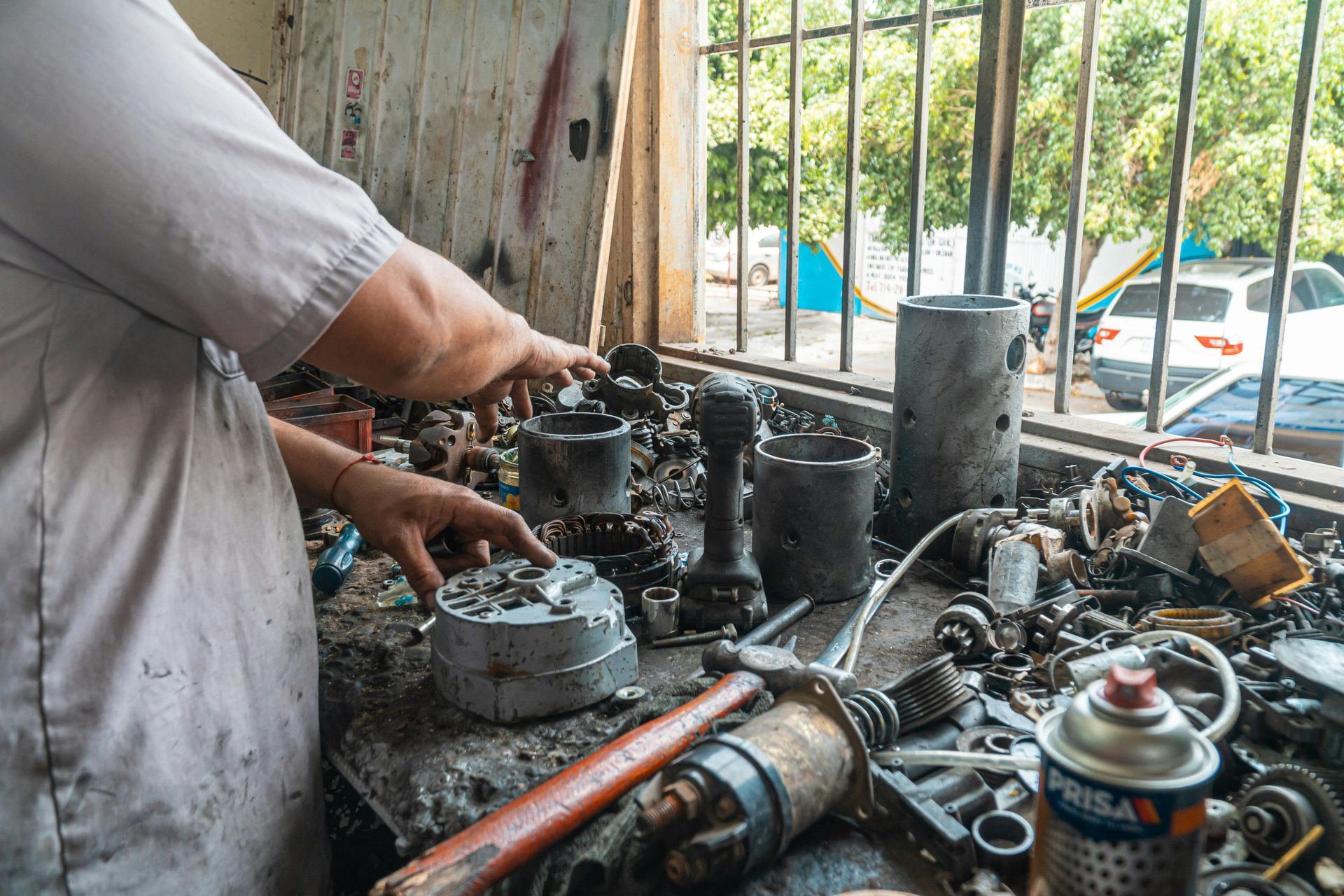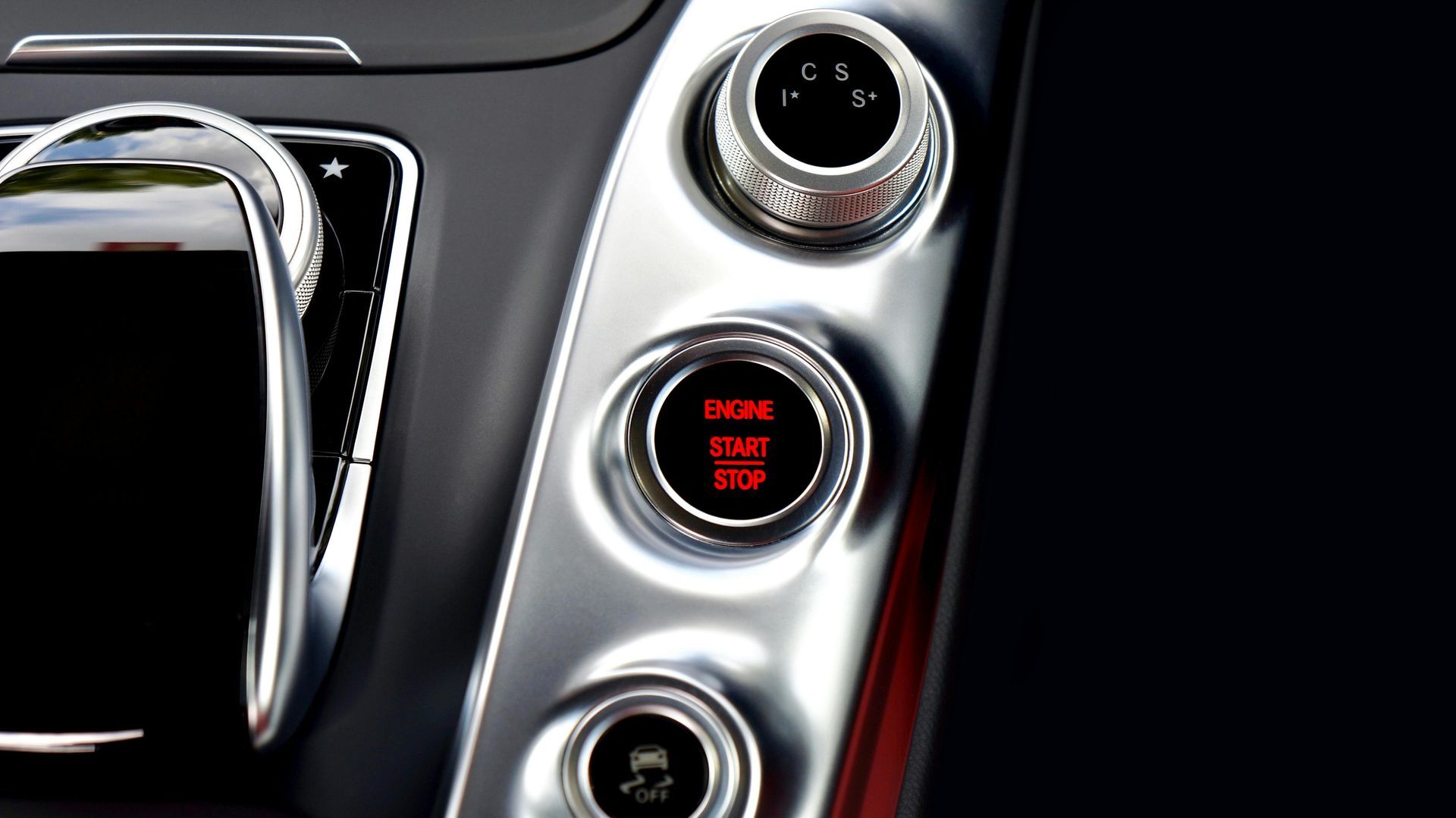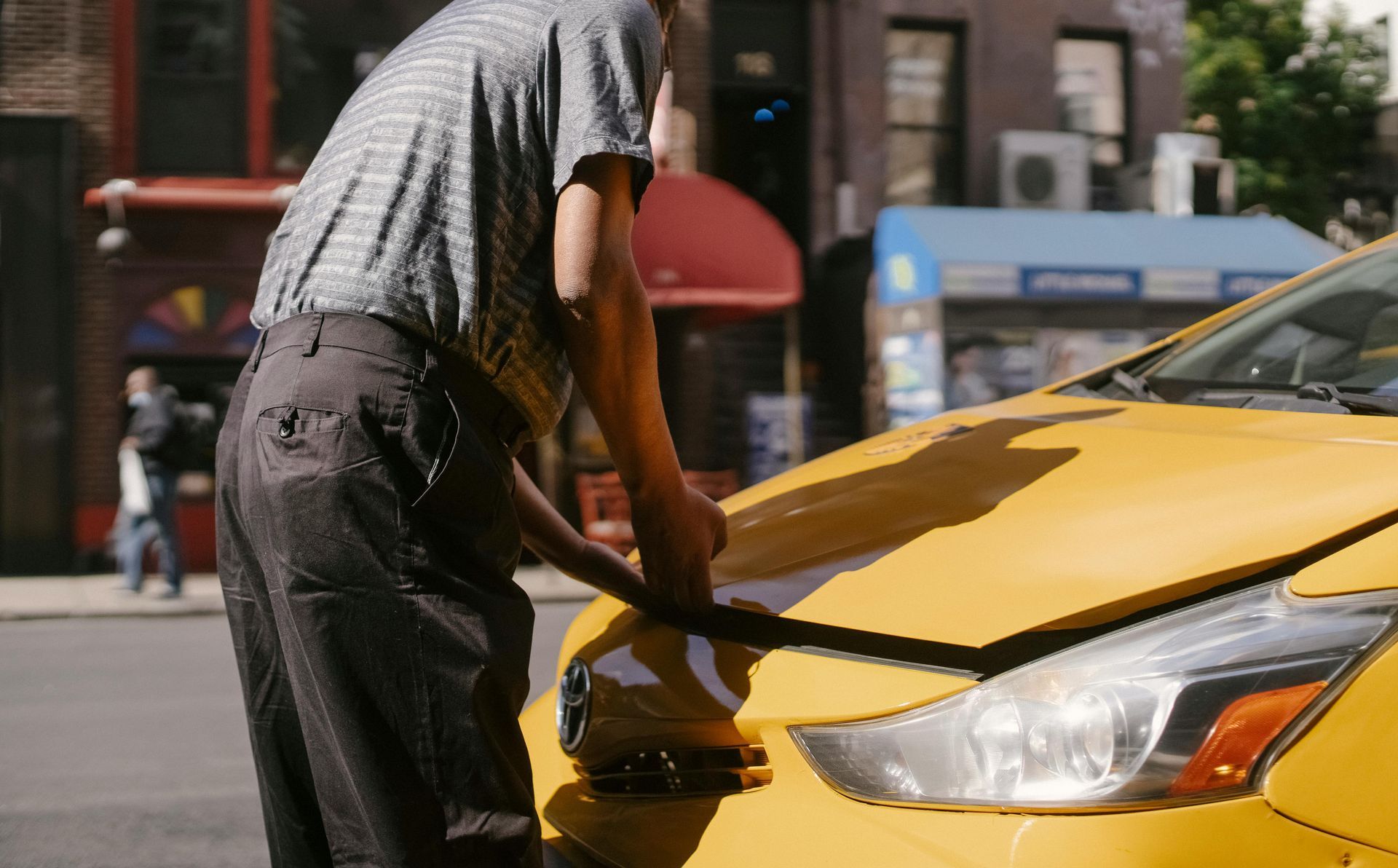The Pros and Cons of Buying a Used Car vs. a New Car.

This is a subtitle for your new post
When buying a car, one of the biggest decisions you'll face is whether to buy new or used. Both options come with their own sets of advantages and disadvantages. Understanding the pros and cons of each can help you make the right decision based on your budget, needs, and lifestyle. Whether you're seeking the latest technology or a more affordable option, it’s important to weigh these factors carefully before making a choice.
Pros of Buying a New Car
Buying a new car offers several benefits that appeal to many buyers, especially those who value reliability and cutting-edge features.
- Latest Technology and Features: New cars come equipped with the newest safety features, entertainment systems, and driving technology. This includes advanced driver-assistance systems (ADAS), better fuel efficiency, and modern infotainment options.
- Full Warranty Coverage: New cars come with comprehensive warranties that typically last several years. This means fewer repair costs in the first few years, providing peace of mind to buyers.
- Customization: Buying new allows you to select exactly what you want, from color and trim levels to interior features. You can customize the vehicle to suit your preferences.
- Better Financing Rates: Car manufacturers often offer better financing options on new cars, including low-interest rates, which can make a new car more affordable than expected.
Cons of Buying a New Car
Despite the appeal of new cars, there are a few drawbacks that may cause buyers to reconsider.
- Rapid Depreciation: A new car loses value the moment you drive it off the lot. Most vehicles depreciate by 20-30% within the first year. This means that if you sell the car within a few years, you’ll take a significant financial hit.
- Higher Price: New cars are typically more expensive upfront compared to used ones. Even with better financing, you may pay thousands more for a new model.
- Insurance Costs: New cars generally have higher insurance premiums than used cars, adding to your overall cost of ownership.
Pros of Buying a Used Car
Used cars have become more attractive to buyers due to their affordability and the increasing reliability of vehicles over time.
- Lower Purchase Price: Used cars cost significantly less than new ones. This allows buyers to get a better deal or even afford a higher-end model for a lower price.
- Slower Depreciation: A used car has already gone through the bulk of its depreciation. This means that its value won’t drop as steeply after purchase, making it a better investment if you plan to resell.
- Lower Insurance Premiums: Because the value of a used car is lower, insurance companies typically charge less to insure it compared to a new vehicle.
- More Variety for Your Budget: Buying used opens up a larger variety of makes and models within your price range. You can often find vehicles with desirable features that would be out of your budget if bought new.
Cons of Buying a Used Car
Although buying a used car offers significant savings, it comes with its own set of risks.
- Unknown Vehicle History: Even with vehicle history reports, there’s no guarantee that a used car hasn’t been in a serious accident or had major repairs. You may also not know how well the previous owner maintained the vehicle.
- Limited or No Warranty: Many used cars are sold "as-is" without a warranty, meaning you'll be responsible for any repairs once you make the purchase. Certified pre-owned cars do come with warranties, but these are often more expensive than regular used cars.
- Higher Maintenance Costs: Older vehicles tend to require more frequent repairs and maintenance as parts wear down over time. If you buy a used car, you may face higher repair costs, especially if it’s out of warranty.
- Fewer Customization Options: Unlike new cars, where you can choose the features and specs, used car buyers often have to settle for whatever is available on the market.
Best of Both Worlds: Certified Pre-Owned Vehicles
Certified pre-owned (CPO) cars offer a middle ground between new and used. These vehicles are usually late-model, low-mileage cars that have been inspected, refurbished, and certified by the manufacturer.
- Extended Warranties: CPO cars come with extended warranties that provide additional coverage, giving buyers peace of mind without paying the full price of a new car.
- Thorough Inspections: Certified pre-owned cars undergo rigorous inspections and are reconditioned to meet manufacturer standards. This reduces the risk of buying a car with hidden problems.
- Affordable Alternative: While more expensive than regular used cars, CPO vehicles are still more affordable than brand-new cars, offering a balance between cost savings and reliability.
Deciding Which is Right for You
Choosing between a new and used car depends on your priorities and financial situation. Consider the following when making your decision:
- Budget: If affordability is your main concern, a used car will typically offer the best value. However, if you’re more interested in the latest features and technology, a new car might be worth the higher price.
- Longevity: If you plan to keep the car for a long time and want fewer initial repairs, a new car with a warranty might be the safer choice. On the other hand, a well-maintained used car can last many years at a fraction of the cost.
- Resale Value: New cars depreciate faster, so if you plan to resell your car within a few years, a used car might hold its value better.
Weighing the pros and cons of buying new vs. used will help you make the most informed choice for your needs. Whether you prioritize savings, features, or reliability, carefully consider how each option aligns with your goals.



